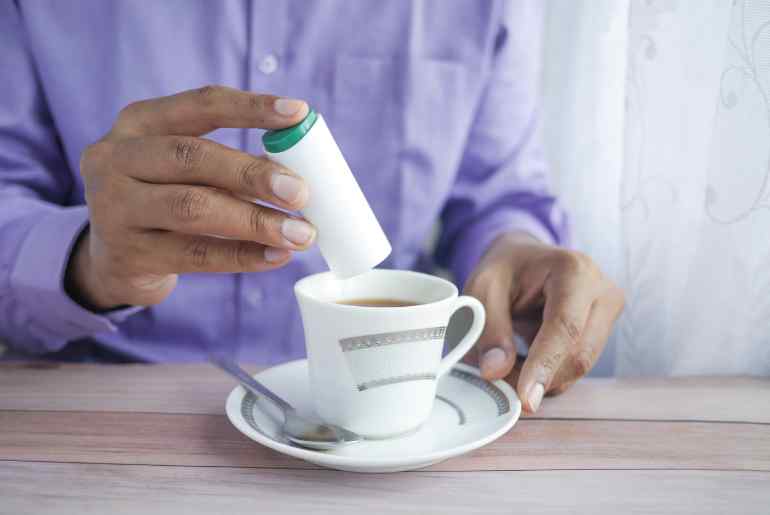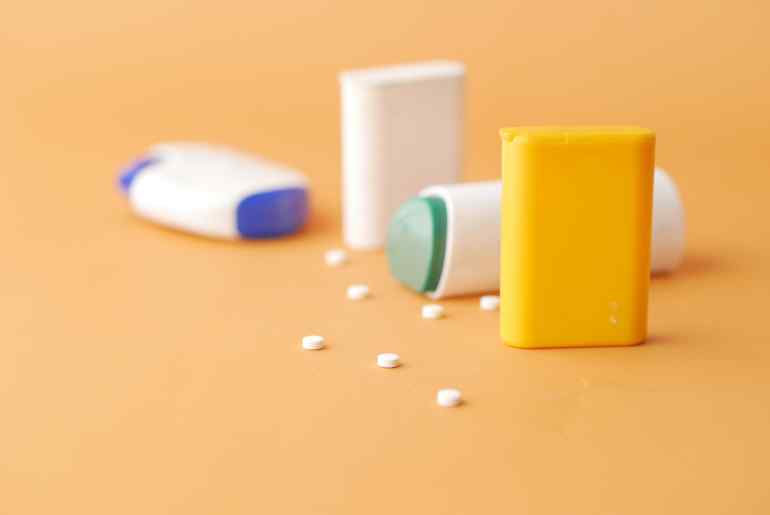According to new research, it has been found that neotame, an artificial sweetener, is capable of damaging the human intestine. It revealed that neotame can cause healthy gut bacteria to become diseased and invade the gut wall. This can hamper the walls of the intestine and cause severe illness in an individual. Here’s everything you need to know about this study and the potential risks of this artificial sweetener.
Artificial Sweetener Neotame Can Damage Gut Wall, Finds Study

A study published in the journal Frontiers and carried out at Anglia Ruskin University (ARU) has revealed that neotame has the potential to damage the human gut. Neotame is a new generation of artificial sweeteners that is used in cakes, soft drinks and even chewing gums. According to the research, neotame can damage the intestinal epithelium by causing the death of epithelial cells and by damaging bacteria commonly found in the gut.
It further revealed that consumption of even a small amount of this sweetener can lead to irritable bowel syndrome, insulin resistance, and even sepsis (an extreme response to infection). Interestingly, neotame was developed as a substitute for aspartame which has aroused several health concerns of its own.
While talking about the effects of neotame, Dr Havovi Chichger, the senior author of the study said, “Even a low intake of neotame might be harmful. When we studied neotame at very low concentrations, 10 times lower than the acceptable daily intake, we saw the breakdown of the gut barrier and a shift in bacteria to a more damaging behaviour, including increased invasion of healthy gut cells leading to cell death. This can be linked to issues such as irritable bowel diseases and sepsis.”
Also Read: How Saccharin, A Synthetic Sweetener Claimed The Life Of A 10-YO?
Harmful Effects Of Other Artificial Sweeteners

While this is the first study to find potential damages of neotame, there has been previous research that showed the harmful effects of artificial sweeteners. These included common sweeteners such as saccharin, sucralose, and aspartame. The findings of this study further highlighted that some of the new generation of sweeteners can have a “toxic effect” on health. While they give your food a super-sweet taste, they tend to cause great damage to your body.
Back in 2010, the European Food Safety Authority ruled neotame “safe for use”. Following this, it has been approved for use in more than 35 countries. However, after this study, the European Food Safety Authority is now reviewing this artificial sweetener again.
We often referred to artificial sweeteners as a healthier alternative to sugar. However, these studies and reports have surely raised many concerns. Let us know your thoughts about this in the comments.
Cover Image Courtesy: Canva (representative image)
For more such snackable content, interesting discoveries and the latest updates on food, travel and experiences in your city, download the Curly Tales App. Download HERE. First Published: April 25, 2024 6:15 PM




